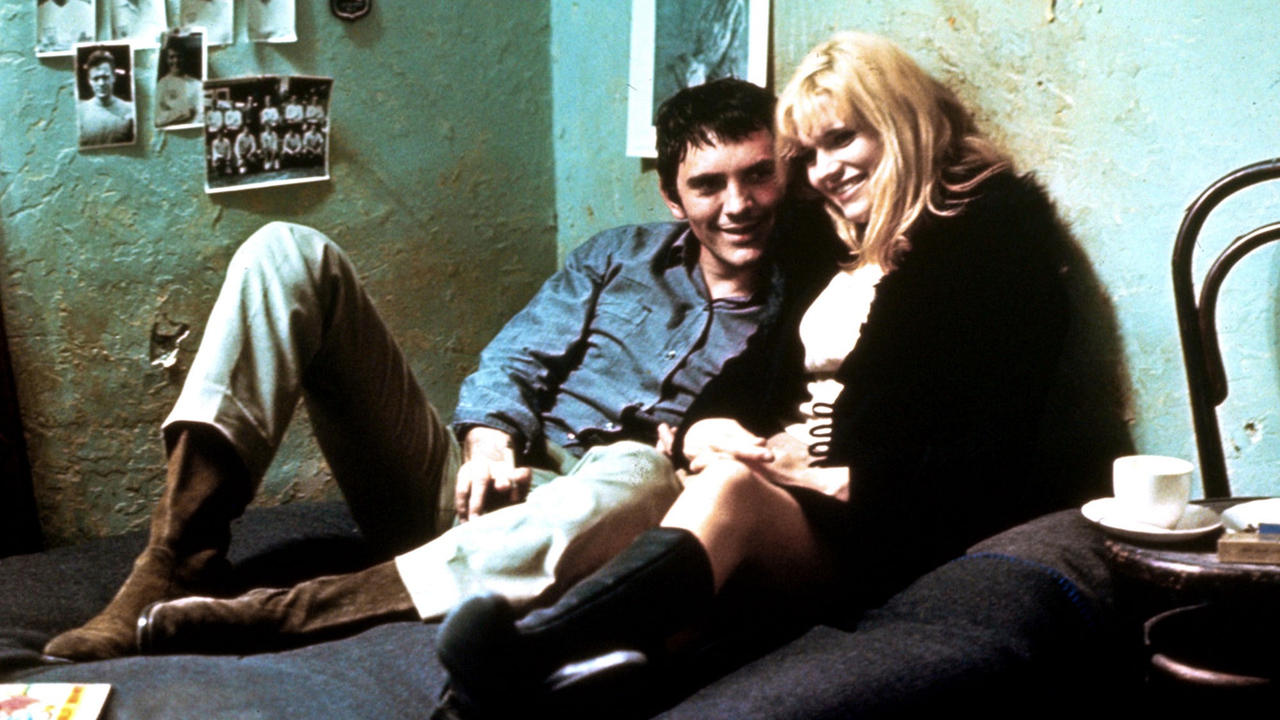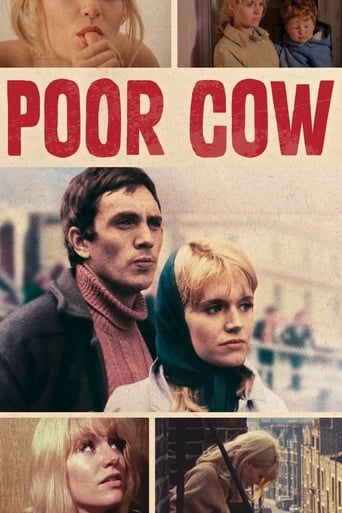

Great visuals, story delivers no surprises
... View Moredisgusting, overrated, pointless
... View MoreA Disappointing Continuation
... View MoreI enjoyed watching this film and would recommend other to give it a try , (as I am) but this movie, although enjoyable to watch due to the better than average acting fails to add anything new to its storyline that is all too familiar to these types of movies.
... View MoreIf, like me, you grew up in London during the 60's then this film will strike a chord with you and what music it makes! Here we are not in the swinging 60's but the struggling 60's despite the promises of social justice. Here the focus on those left out of the prosperity and boom years of post war Britain. Terence Stamp, here at the beginning of his long and brilliant career, brings so much to his character and reminds us of the optimism and drive that was abundant in this decade even while serving out his prison sentence. At the forefront lie the attitudes, and bigotry of this decade and despite so called, "sexual freedom", attitudes to women remained entrenched in the past. Ken Loach manages to balance what essentially is the failings of the system against the never ceasing optimism of Joy (Carol White). It is clear that all she wants, , like everyone at this time, is a piece of the pie, yet somehow she never really seems to get it. Bad choices, bad decisions, and bad men, yet though all this hardship and sorrow, she says strong for her son, because in the end this is all she has. This is perhaps one of just a handful of films that brilliantly documents this decade.
... View MoreSwinging London of myth, was for most at the time, a fantasy. It involved a small number of people, in a small area of the city, for a short time. But as many of those who were of this group, went on and maintained long careers in film, TV, Arts and literature/journalism, it's effect and scope was and has been much magnified.Trust Ken Loach (who else?) to shine a light in the London of the mid/late 60's' for many people, was the reality. Not just the criminal element either.Loach after all had form here, with his groundbreaking TV plays such a 'Up The Junction' and 'Cathy Come Home'. Showing the darker side of London that was then, still, an industrial city in parts.Carol White, as lead Joy, had also been in those Loach films, she was a working class Julie Christie and carried off the role of this troubled young woman with aplomb.White really was a fine actress, sadly like the roles which made her famous with Loach, the real woman was as troubled. Not due to poverty, a different kind of trouble, the numerous affairs, the decline in her career, to die from alcohol abuse at just 48 far from her London roots. It does change you way you view Poor Cow with this knowledge.Terence Stamp as Dave is excellent - though such was his stardom by then he would turn up for filming in a Rolls Royce! The notorious John Blindon (surely the most stark example of Loach's use of 'real' people who often had the same lives as they acted on screen), struggles as an actor in his first role, though again, with the knowledge of the real Blindon this is less noticeable.The Loach 60's standards of lots of sequences of real life, lots of cameo characters, loose plotting, are much in evidence.This is not a film for everyone, if you think you'll see another classic British gangster film, you'll be disappointed. But this was a radical, daring, atmospheric film, more of historic interest than greatly entertaining, worth a look.
... View MoreThis film can only be appreciated by someone who lives or has lived in London, especially in the late 60s. The important thing about Poor Cow is not so much as what's happening close up on screen involving fairly inane characters, but what's happening behind them. The film is a rich slice of what life was really like for people who knew little of or could afford less of the so called swinging sixties. I dont think Ken Loach wanted people to identify or feel sympathy for the main character; The woman is basically good hearted but this nice trait is soon destroyed by her lies (to Dave in Prison concerning other men) and by her stout working class expose "All you really need is a man, a kid and a couple of rooms"Dont forget, this film will mean nothing to anyone who dosen't actually remember how bad some parts of London actually were in the 60s and dont blame our poor cow for her blinkered closed outlook. This film was well before the days of career women. A career woman of the 60s would likely have been regarded a closet lesbian and little else. The film was made well before the days of women's emancipation and I think most modern day audiences will miss that. You cant appreciate this film until you actually THINK POOR SIXTIES..... when the internet would have been used for fishing. Watch it again....I swear you can smell rotting vegetation all the way through it.....or was that my Cats.
... View MoreIn terms of style this film is revolutionary of the time. It could be defined as docudrama since the film is shot in a style of realism. It portrays 1960's London as a poverty stricken bed of prostitution and crime. The main female protagonist seems to always seek male approval. She leaps from one bed to another, loving each of them in much the same way as Diana does in "Darling" 1965. It is hardly an example of feminism and the Radical changes in women's liberation within the 1960's. It does, however, possess a view of hope through all the grit. Dave shows how even a criminal can be loving, gentle and kind. The film offers the audience a 2 hour exploration into the lives of the criminals in London at the time. It challenges the classic Hollywood narrative of peace, disruption and resolution. The narrative structure seems to float along with very little climaxs. This gives the feeling of realism, which many people may find dull or boring. Don't expect your Hollywood Blockbuster. You will find a challenging Independant British film, documenting the feelings of the 1960s in an innovative and unconventional way.
... View More